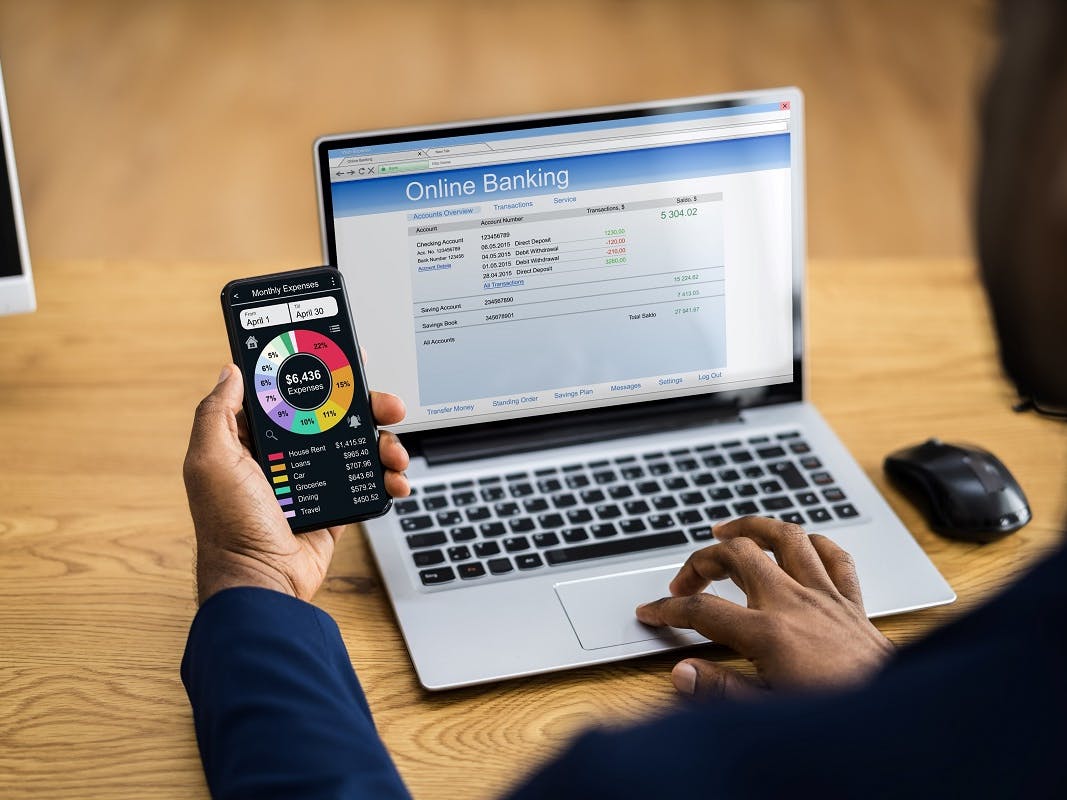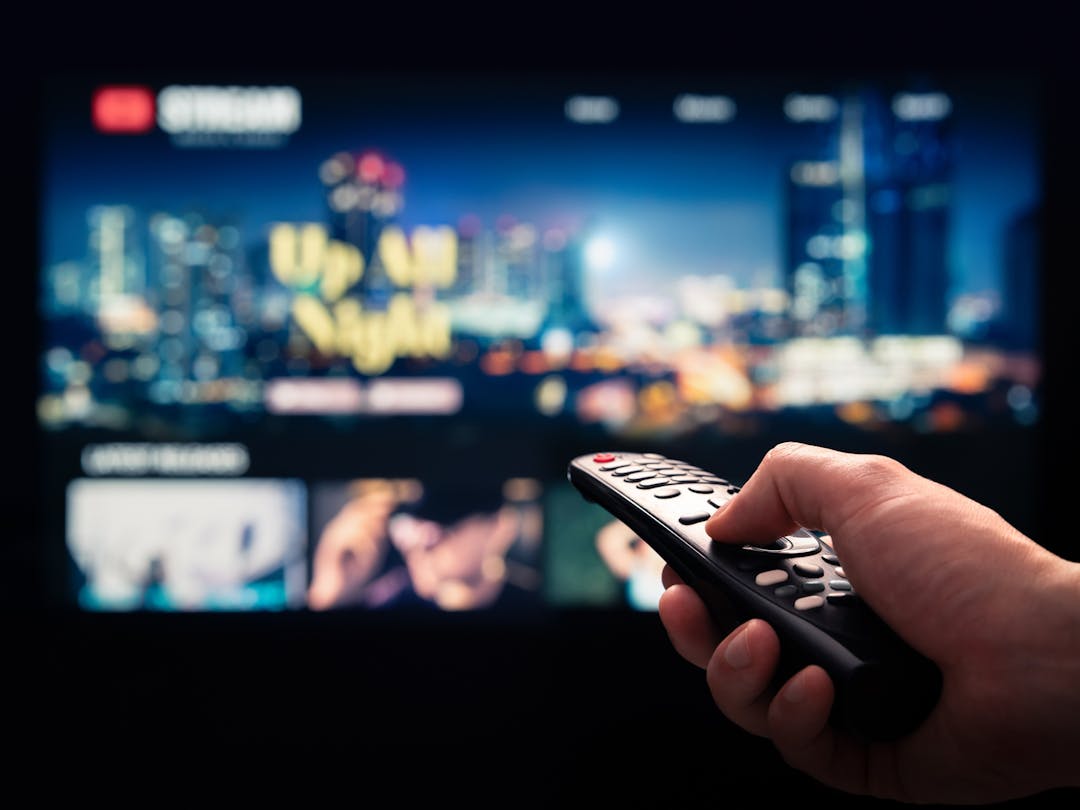
If you struggle to make ends meet every month, digital budgeting tools can help. They may even let you save money, too.
Are you worried about day-to-day finances? Join the club. Today, more and more people over the age of 65 worry that they will outlive their retirement savings. Nearly 90% think there’s a retirement savings crisis, and almost 40% say that they’re concerned that they won’t make ends meet.
Fortunately, it’s easier than ever to manage your money, with apps that track both your spending patterns and your income - including Social Security.
Here’s a look at some of the top digital budgeting tools and why you might need them.
Why we feel the pinch
The good news is that many of us are living longer, well into our 80s, 90s, and even past 100. In fact, there were almost 90,000 centenarians in 2021, nearly twice as many as just twenty years ago. They feel and act younger, too. Experts predict this trend will get bigger over the next decade.
“Sometime in the next 10 years, we think you’re going to be able to…reboot yourself, so that if 60 is now the new 40, 90 will be the new 40,” Dr. Michael Roizen, MD, chief wellness officer emeritus at the Cleveland Clinic, told Newsweek.
There’s a lot to look forward to in retirement — spending time with family (including adorable grandkids!), going on vacation, and catching up on hobbies like pickleball and golf. But it can also be expensive, which helps explain why 45% of people over the age of 60 say that their greatest retirement fear is that they’ll outlive their savings.
That’s why, if you’re retired, it’s important to take a hard look at your spending, especially over the past three months. With inflation so high, you may be spending much more on food and other essentials than a year or two ago. Using a budget app can give you a quick and very accurate handle on your finances.
Budget apps to try
Not tech-savvy? No problem. There are plenty of easy-to-use budget apps for keeping track of costs. Here are four good options:
Mint
A free budgeting app, Mint allows you to link to all of your financial accounts so that you can track your spending and savings.
Pros:
- Mint lets you sync up your bank accounts, retirement accounts, credit cards, and any other financial accounts.
- You can track all of your monthly bills and receive reminders so that you pay them on time.
- You can track your transactions and place them into budget categories, which helps you stick to your budget goals.
- You’ll get free access to your credit score and credit monitoring tools.
Cons:
- Mint is meant for individual users, so you can’t have a joint Mint account. But if you and your partner have joint financial accounts, you can each create your own Mint account and sync them together so that you both view the same information.
Goodbudget
Did you grow up with a mom who budgeted every month by putting cash into different labeled envelopes? If so, you’ll feel right at home with Goodbudget. This unique app creates digital “envelopes” where you can budget funds for separate categories like groceries, rent or mortgage, utilities, clothing, and dining out. Every time you spend money, it comes out of a specific envelope. The free version gives you ten digital envelopes. You can upgrade to unlimited envelopes for around $7 a month, or $60 for a year.
Pros:
- It’s very visual, so it’s easy to see when you’re going over your budget in a specific area.
- It has an interactive forum where you can talk to other users and get tips on budgeting and spending.
- It offers other budget-savvy resources, like podcasts and courses.
Cons:
- The app is pretty bare bones, which means it doesn’t have:
- Credit score monitoring
- Investment resources or tools
- Tracking so you can see your net worth
- Suggestions for financial products to help you
PocketGuard
This app is great for anyone on a tight budget. A basic version of the PocketGuard is free, but for all the bells and whistles, you’ll need to upgrade to PocketGuard Plus, which is 7.99 a month or $34.99 a year.
Pros:
- The easy-to-read pie-chart reports make it a breeze to analyze your spending.
- The “In My Pocket” tool uses your income, savings goals, bills, and other expenses to calculate how much you have to spend each month.
- The app helps you find savings. PocketGuard partners with other services so you can get shopping rebates, get rid of things like unwanted subscriptions, and even improve your credit.
- The premium version offers tools like a debt payoff plan, customized categories, and the ability to split transactions.
Cons:
- Free features are more limited.
- The website can be tough to navigate.
AARP Money Map Budget Builder
The free Money Map app helps you deal with an unexpected financial emergency, like medical expenses or a car or home repair.
Pros:
- The app helps you visualize all of your debts in one place. This helps you figure out which debts you want to pay first.
- You can craft a plan to reach financial goals.
- There’s an interactive budgeting tool so you can see where your money goes each month.
Cons:
- It’s fairly simple and doesn’t have the tools of some of the other apps.
Ways to save
If you find yourself going over your budget, it may be time to do a little cost cutting. Check out our resources on eating healthy on a budget and cutting the cable cord.
Of course, healthcare is one of the biggest expenses as we age. Make sure you’re getting the best coverage at the best price. Our easy-to-use Find a Plan tool can show you Medicare plans in your area that may lower your costs or give you more benefits – or both!
Additional resources
Find a Medicare Plan
Internal Website Link
National Council on Aging: Debt for Older Adults
External Website Link
National Council on Aging: Top 10 Budgeting Tips for Older Adults
External Website Link



